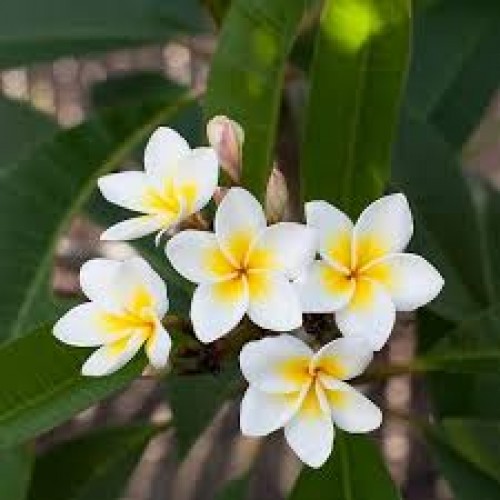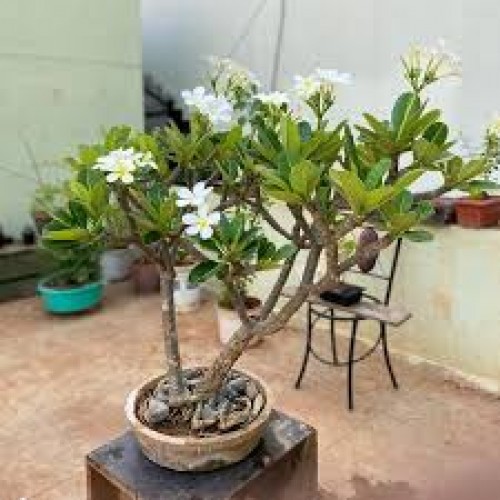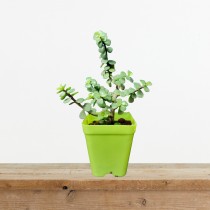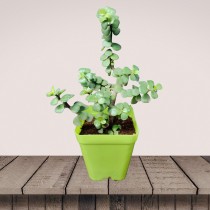off
-
Sold
-

-

out
Champa Plant
The Champa Plant (commonly Magnolia champaca or Plumeria, depending on regional usage) is a flowering plant known for its divine fragrance, ornamental beauty, and traditional significance. It is widely grown in gardens, temples, and parks for its stunning blossoms and spiritual symbolism.
Nature
- Type: Flowering tree or shrub, evergreen in warm climates.
- Origin: Native to South and Southeast Asia.
- Flowers: Highly fragrant blooms, usually white, yellow, or orange, used in rituals and perfumes.
- Growth Habit: Medium to tall tree with a broad crown and dense foliage.
- Fragrance: The flowers have a rich, sweet aroma — especially strong at night and early morning.
Care
- Sunlight: Thrives in full sun; needs 6–8 hours of direct sunlight daily.
- Watering: Water regularly, especially in hot climates. Allow the topsoil to dry slightly before watering again.
- Soil: Prefers well-drained, loamy soil enriched with organic compost.
- Fertilizer: Use a phosphorus-rich fertilizer during the growing and blooming seasons.
- Pruning: Prune lightly to shape the plant and remove dead wood after flowering.
- Climate: Best suited for tropical and subtropical regions. Sensitive to frost.
Advantages
- Beautiful & Fragrant: Flowers are visually striking and deeply aromatic, making them perfect for garlands and decoration.
- Cultural & Spiritual Significance: Widely used in religious rituals, temple offerings, and Ayurvedic traditions.
- Medicinal Uses (Traditional): Used in traditional remedies for skin care, fever, inflammation, and anxiety (consult a professional before use).
- Low Maintenance: Once established, the Champa plant is hardy and thrives with minimal care.
- Attracts Pollinators: The flowers attract bees, butterflies, and birds, enhancing biodiversity.
- Natural Air Freshener: Its aromatic presence makes the surroundings feel fresh and serene.
The Champa Plant is more than just an ornamental tree. With its enchanting fragrance, spiritual importance, and natural beauty, it holds a timeless place in gardens, homes, and hearts.

